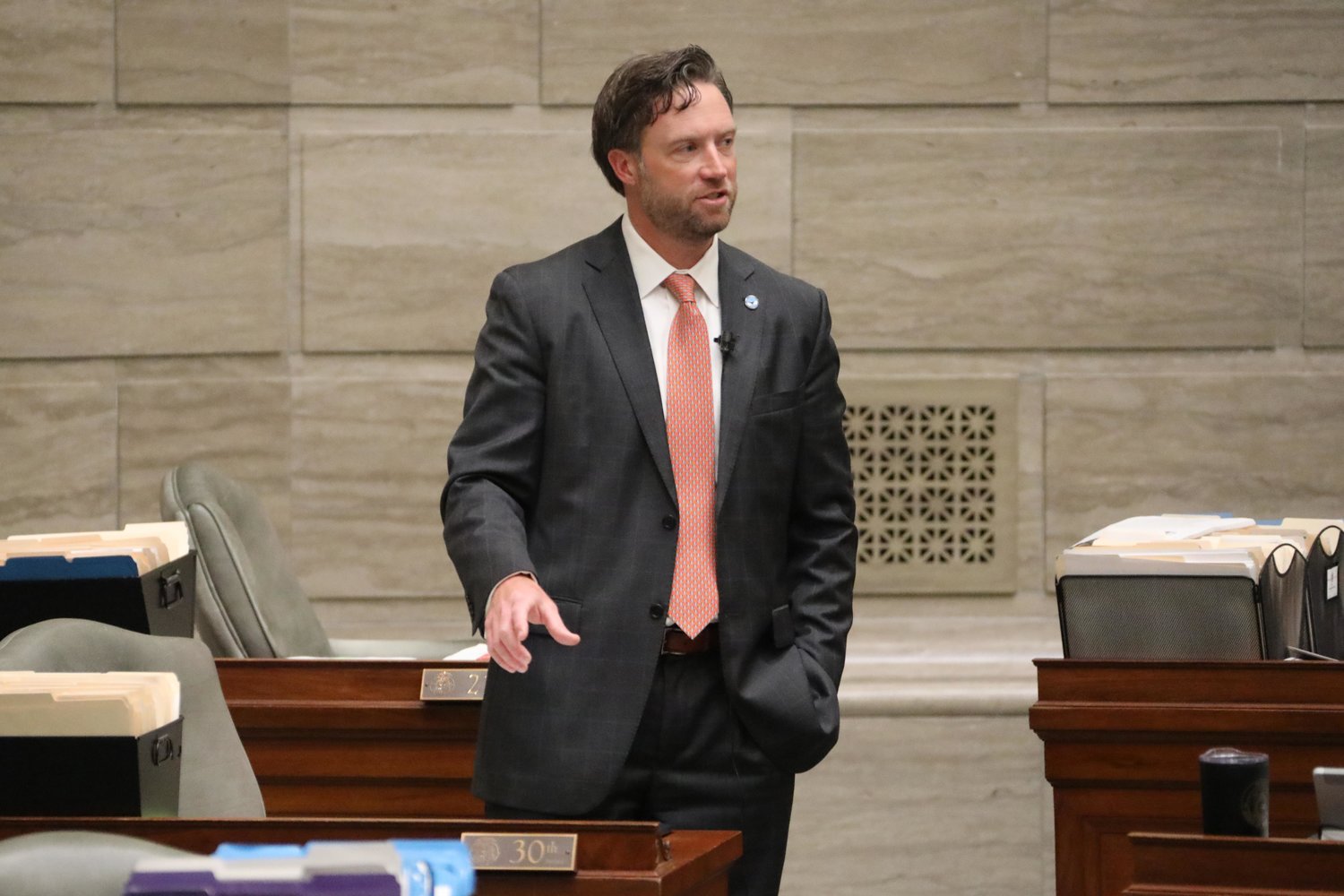YOUR BUSINESS AUTHORITY
Springfield, MO
YOUR BUSINESS AUTHORITY
Springfield, MO

State Sen. Lincoln Hough, R-Springfield, has been named chair of the Missouri Senate Appropriations Committee.
Hough, who previously was vice chair, will lead a committee this session tasked with writing the state's fiscal 2024 operating budget, according to a news release.
“It is an honor and a true privilege to lead such a hard-working group of people and assist in overseeing our state’s direction,” Hough said in the release. “I have had the pleasure of serving as this committee’s vice chair, which equipped me with the needed understanding of the appropriation process. But truly now, the work begins.”
The fiscal 2024 state operating budget must be approved by 6 p.m. on May 5. The process starts in the Missouri House of Representatives, which sends its financial recommendations to the Senate for approval before heading to the governor’s office. The new fiscal year starts July 1.
“I believe Sen. Hough is a principled man who will lead the Appropriations Committee with great integrity," said Missouri Senate President Pro Tem Caleb Rowden, R-Columbia, in the release. "He knows the intricacies of the state budget and cares deeply about the people he serves. I have every confidence our budget will be in good hands.”
Gov. Mike Parson last summer signed a roughly $49 billion budget for fiscal 2023, which runs through June 30, according to media reports.
In District 30, Hough in November 2022 retained his seat against Democrat Raymond Lampert, an attorney with Lampert Law Office LLC, according to past reporting. Hough first was elected to the Missouri House in 2010 and became a senator in 2018 after a stint on the Greene County Commission, according to Senate.mo.gov.
McConnell Edwards markets hard-won expertise at answering tough questions.
Missouri man sentenced for PPP fraud
Wendy’s franchisee ordered to pay $7M over harassment, PPP fraud accusations
Former employees allege mistreatment at The Kitchen
Updated: First Watch business partner sues another for breach of fiduciary duty, fraud
27North celebrates opening of new HQ with news of expansion
Bridging a Gap: Gen Z gets bad rap on attitude toward jobs, local employers say